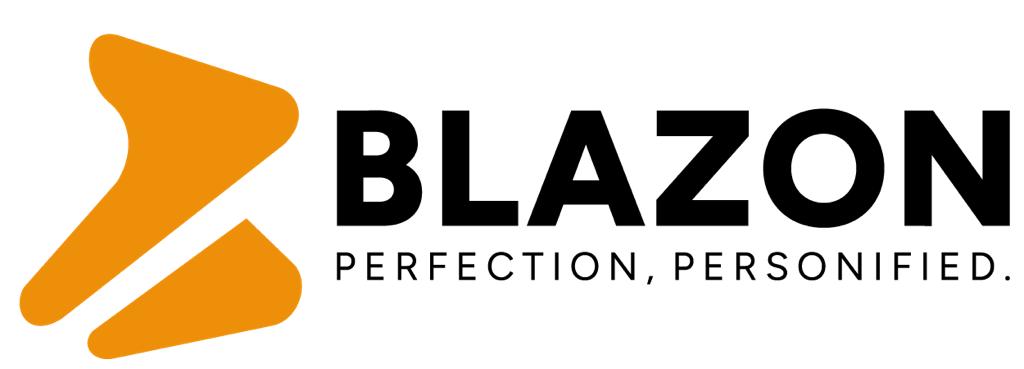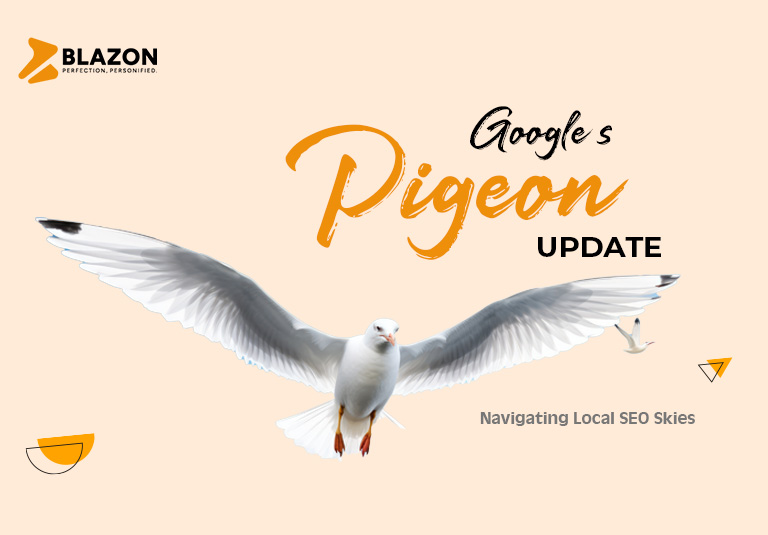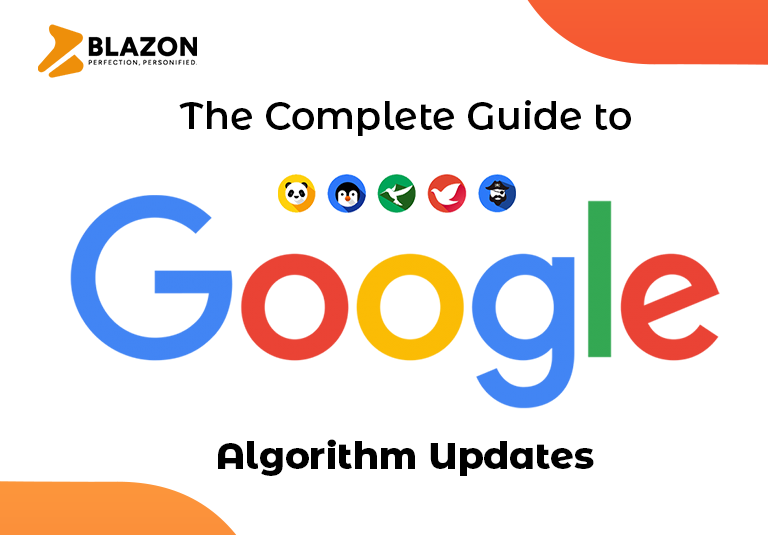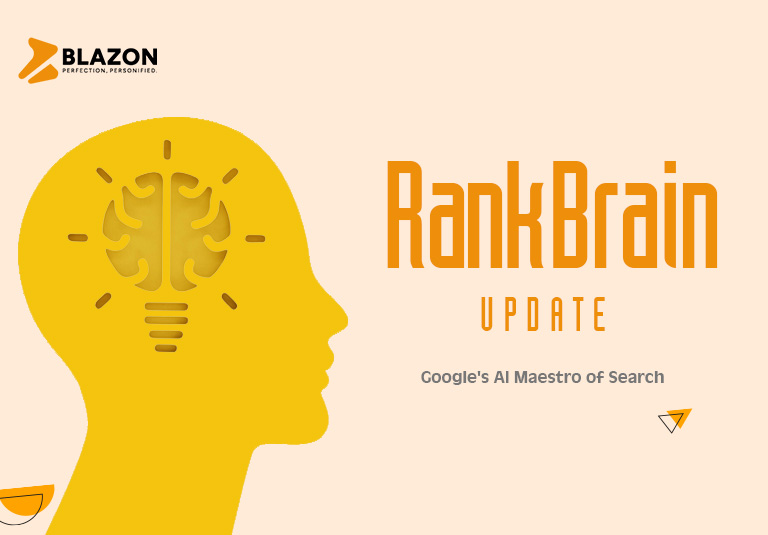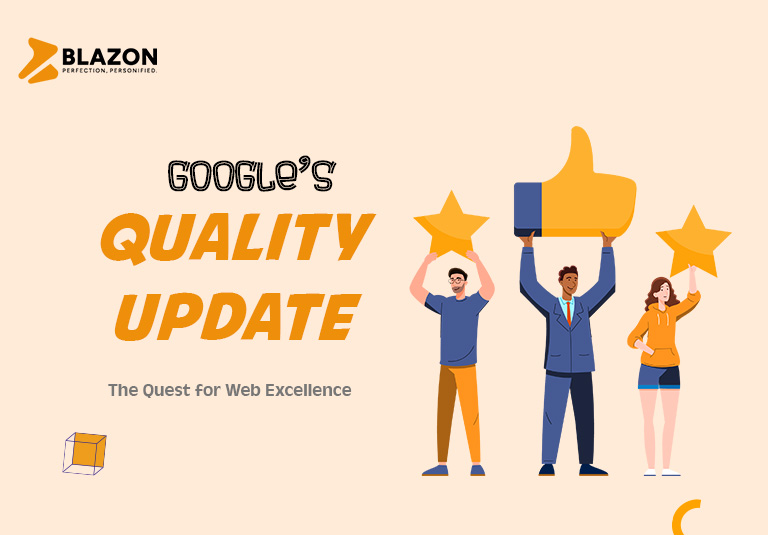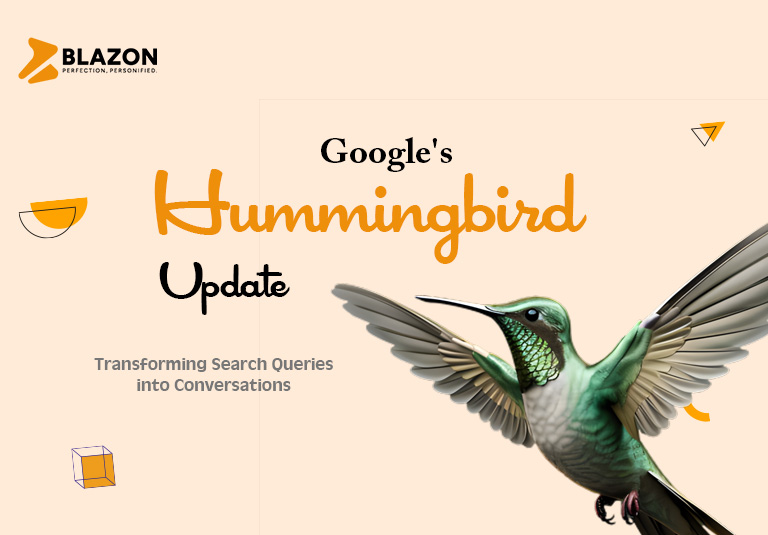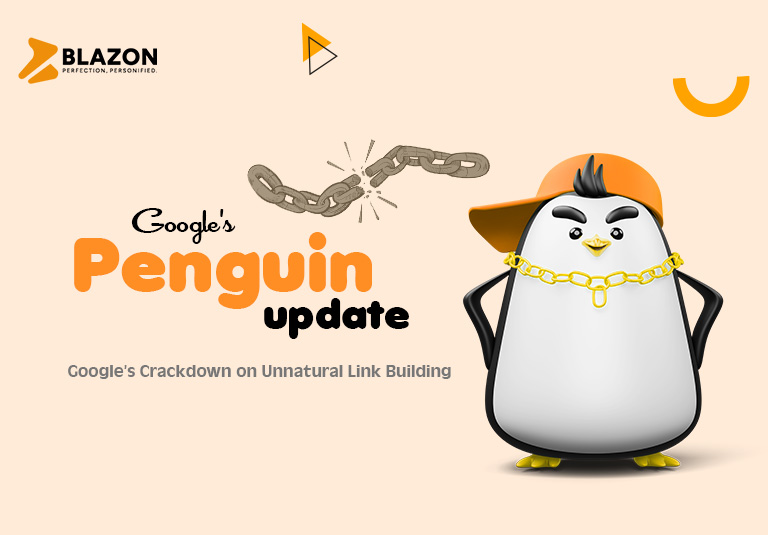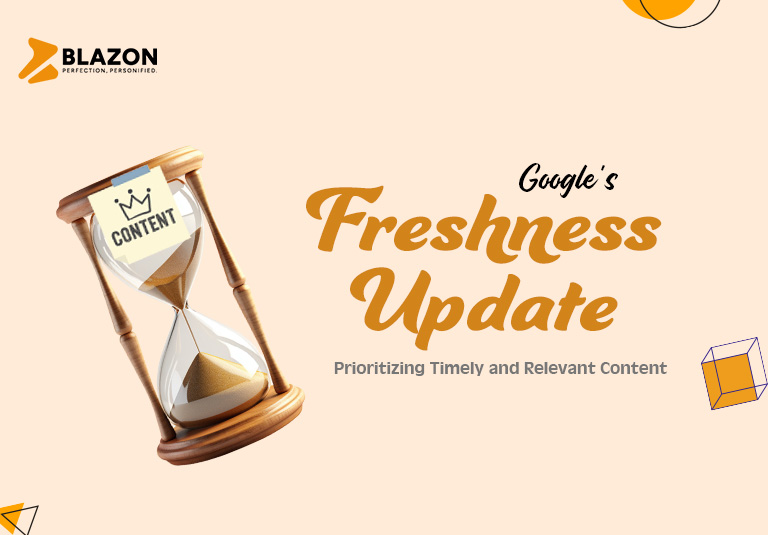A New Bird in Town
In the summer of 2014, Google released an algorithm update that fundamentally transformed the landscape of local search.
Dubbed “Pigeon” by SEO professionals, this update aimed to provide more useful, relevant, and accurate local search results.
Much like a pigeon that has an incredible ability to find its way home, Google’s Pigeon update was designed to help users find local information right at their fingertips.
Why “Pigeon”?
Google’s algorithm updates often get their names from animals (think Panda, Penguin, and Hummingbird).
While Google itself didn’t officially name this update “Pigeon,” the moniker stuck due to its intent to enhance local search precision — reminiscent of a pigeon’s renowned navigational accuracy.
What Changed?
Pigeon represented a significant shift towards integrating traditional web search algorithms with local search algorithms.
This meant that local search results would now benefit from the hundreds of ranking signals used in standard web search:
Improved Distance and Location Parameters: Pigeon was designed to increase the accuracy and relevance of local search results, factoring in the distance and location of a business more precisely than before.
Local Directory Visibility: After Pigeon, local directories like Yelp, TripAdvisor, and Urbanspoon (now Zomato) saw a notable increase in rankings. This was a boon for businesses listed in these directories, making it even more crucial for local businesses to maintain a robust presence on these platforms.
Soaring with Pigeon
Implications for Businesses and SEOs
The Pigeon update brought about a renewed focus on local SEO, emphasizing the need for businesses to ensure their online presence was optimized for local searches.
Here’s how businesses could adapt to fly high in the post-Pigeon era:
- Claim Your Business Listings: Ensuring your business is correctly listed on Google My Business and other relevant local directories became more important than ever. Accurate, comprehensive listings could significantly boost local search visibility.
- Optimize for Mobile: With local searches often performed on the go, mobile-friendliness turned from a recommendation into a necessity. Websites optimized for mobile users could expect to fare better in local search rankings.
- Focus on Reviews and Ratings: The Pigeon update highlighted the importance of positive reviews and high ratings on local directory sites. Encouraging satisfied customers to leave reviews could directly impact a business’s visibility and attractiveness in local search results.
- Local Content Matters: Creating content that’s relevant to your local community can help signal to Google the locality of your business. Local event coverage, neighborhood guides, and location-specific pages could all contribute to a stronger local SEO presence.
The Lasting Legacy of Pigeon
While the Pigeon update ruffled some feathers initially, it ultimately led to a more integrated and sophisticated approach to local search.
By aligning local search more closely with traditional SEO practices, Pigeon emphasized the need for a holistic, quality-focused strategy for online visibility.
Conclusion
Embracing the Winds of Change
Google’s Pigeon update serves as a reminder of the dynamic nature of SEO and the importance of keeping abreast with algorithm changes.
For local businesses and marketers, it underscored the value of a strong local SEO strategy that prioritizes accurate listings, mobile optimization, and community engagement.
In the world of SEO, just like in nature, adaptation is key to survival. By understanding and embracing the changes brought about by updates like Pigeon, businesses can ensure they not only survive but thrive in the ever-evolving digital landscape.
